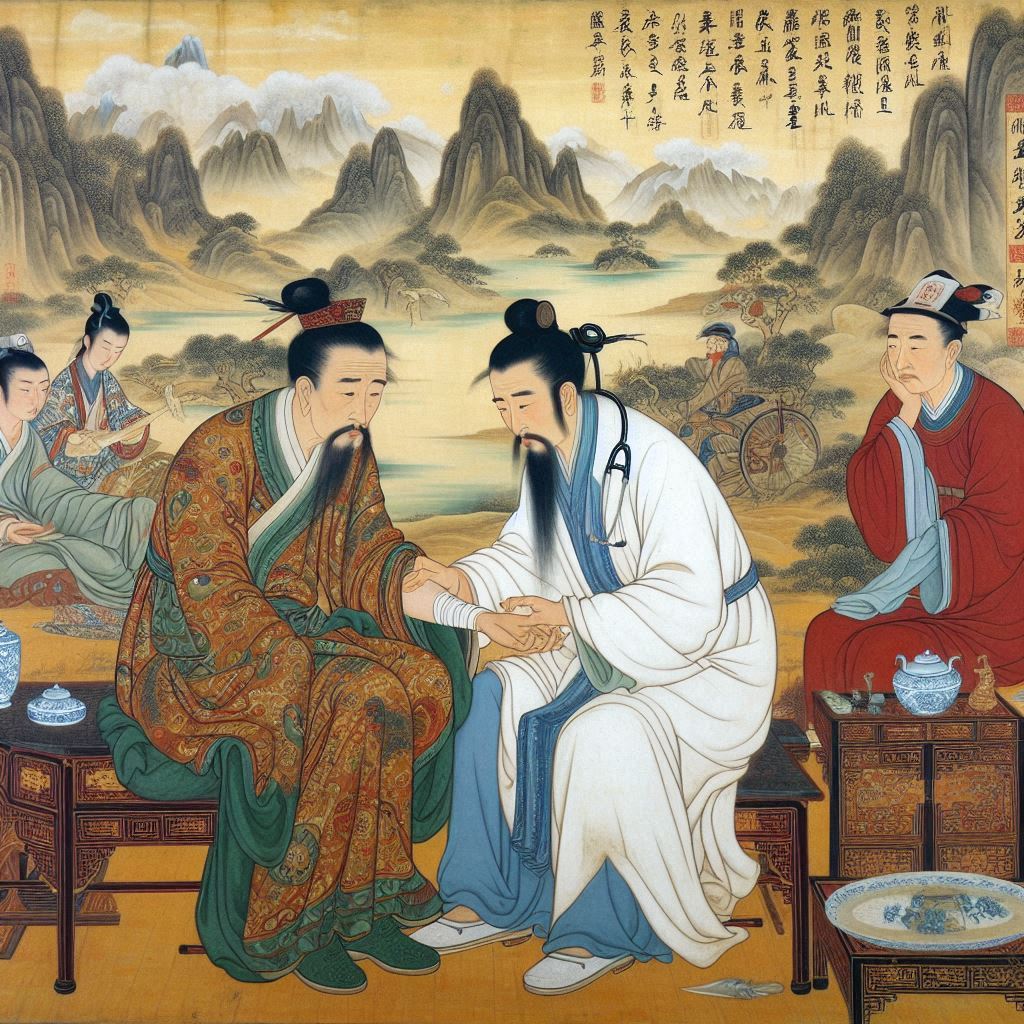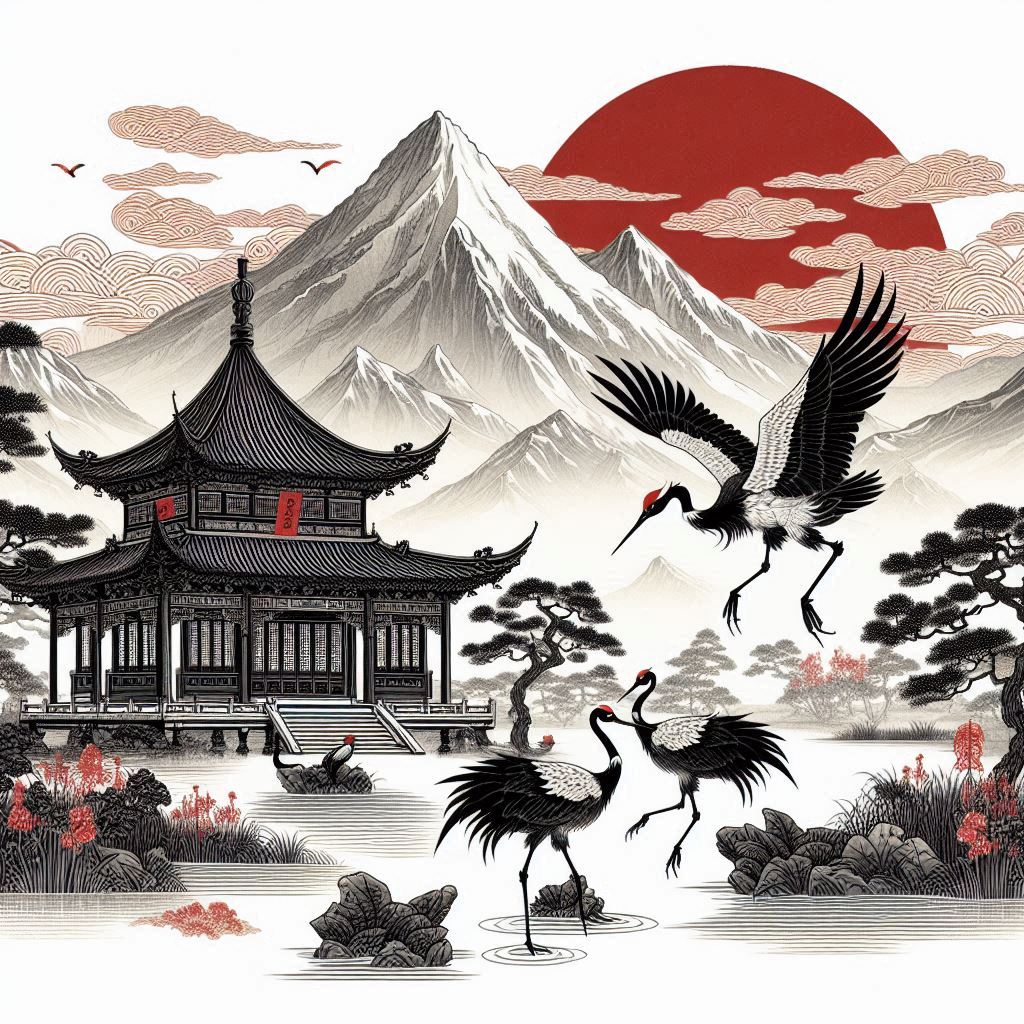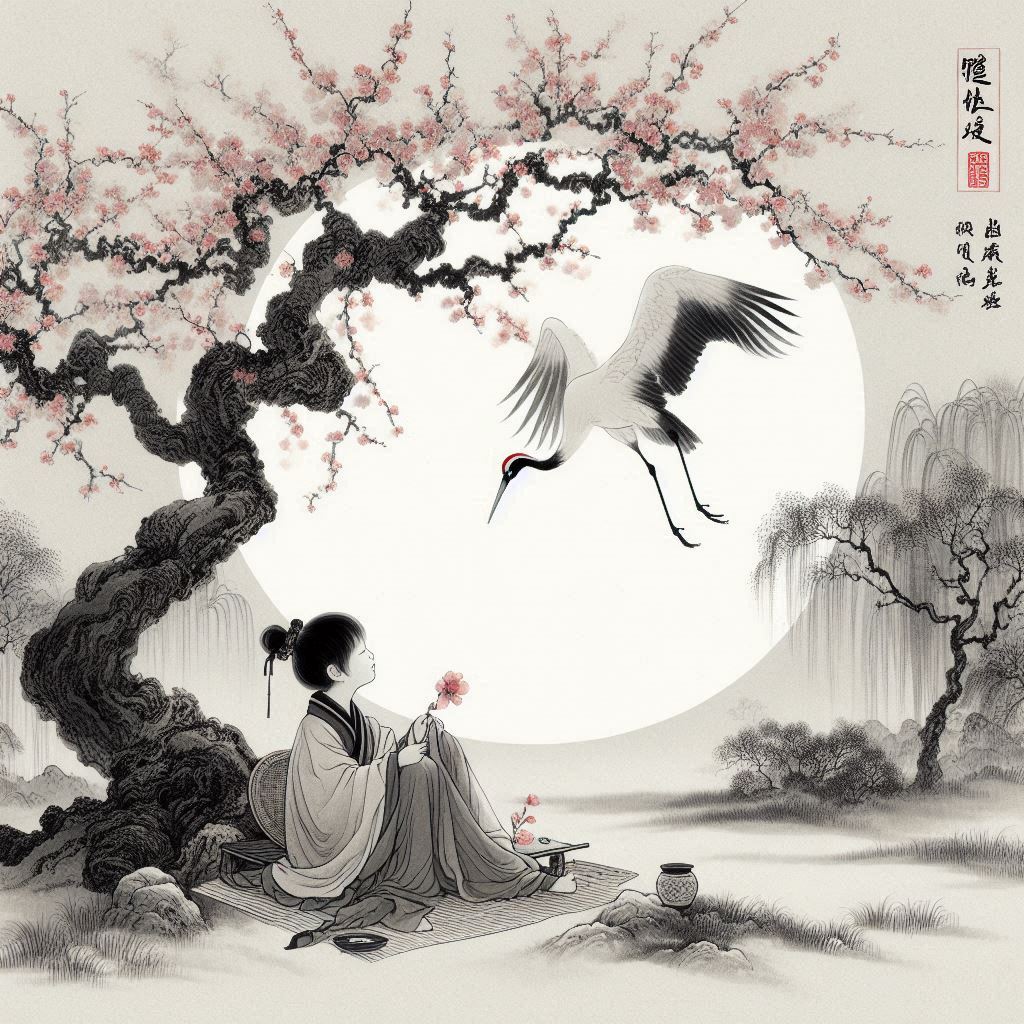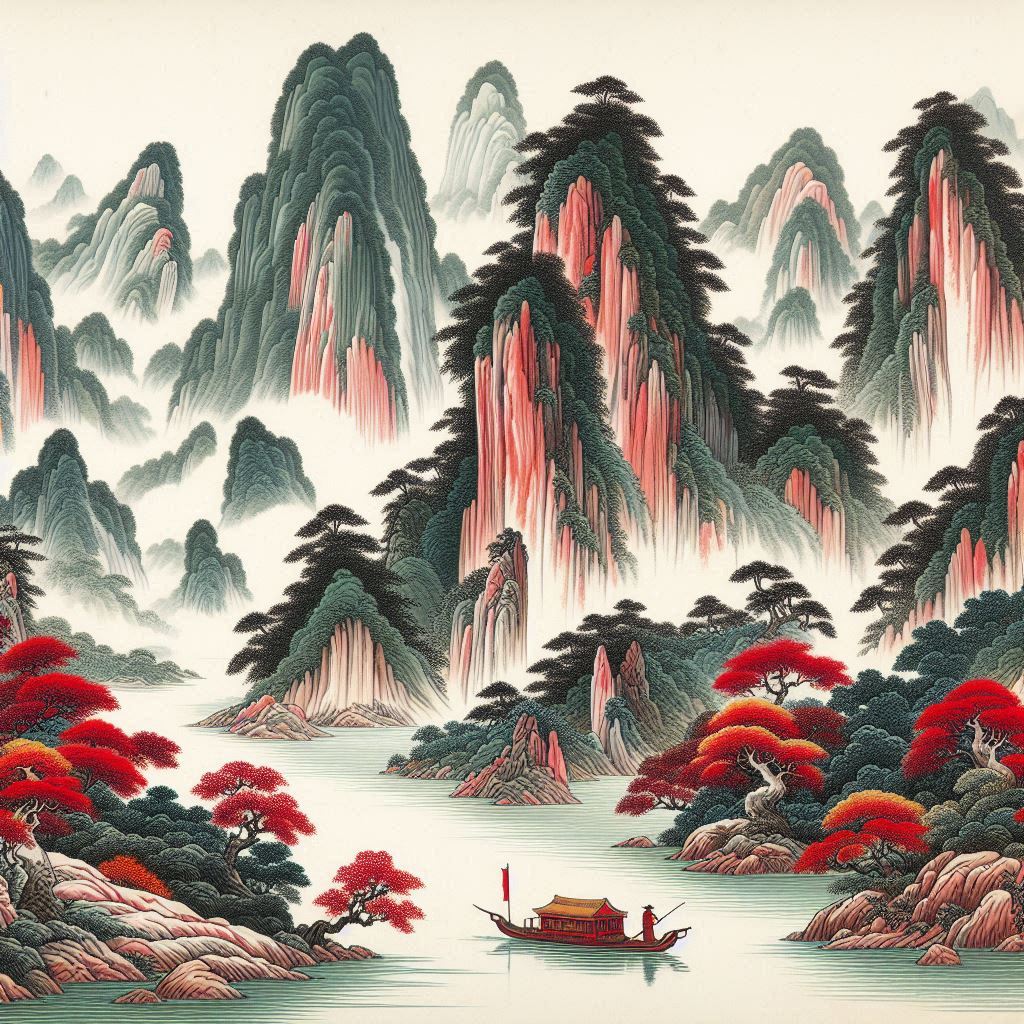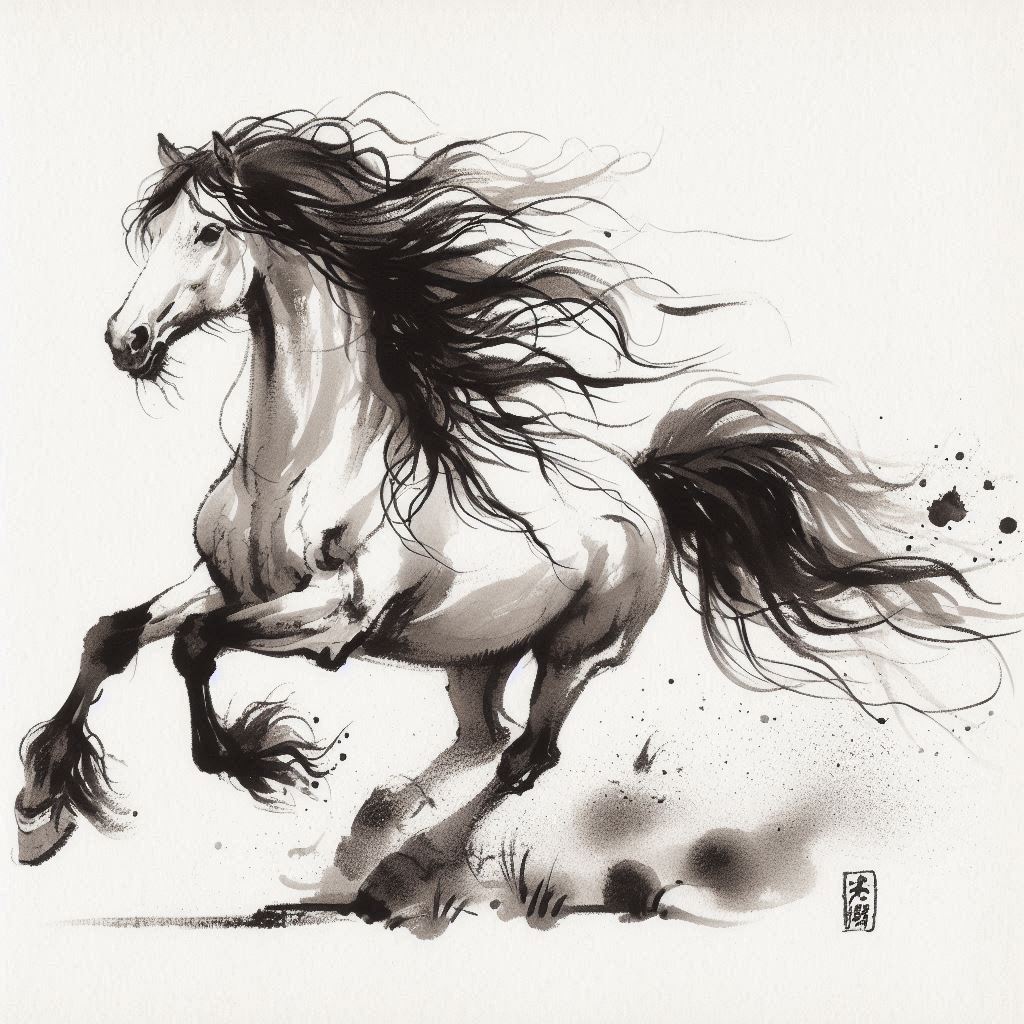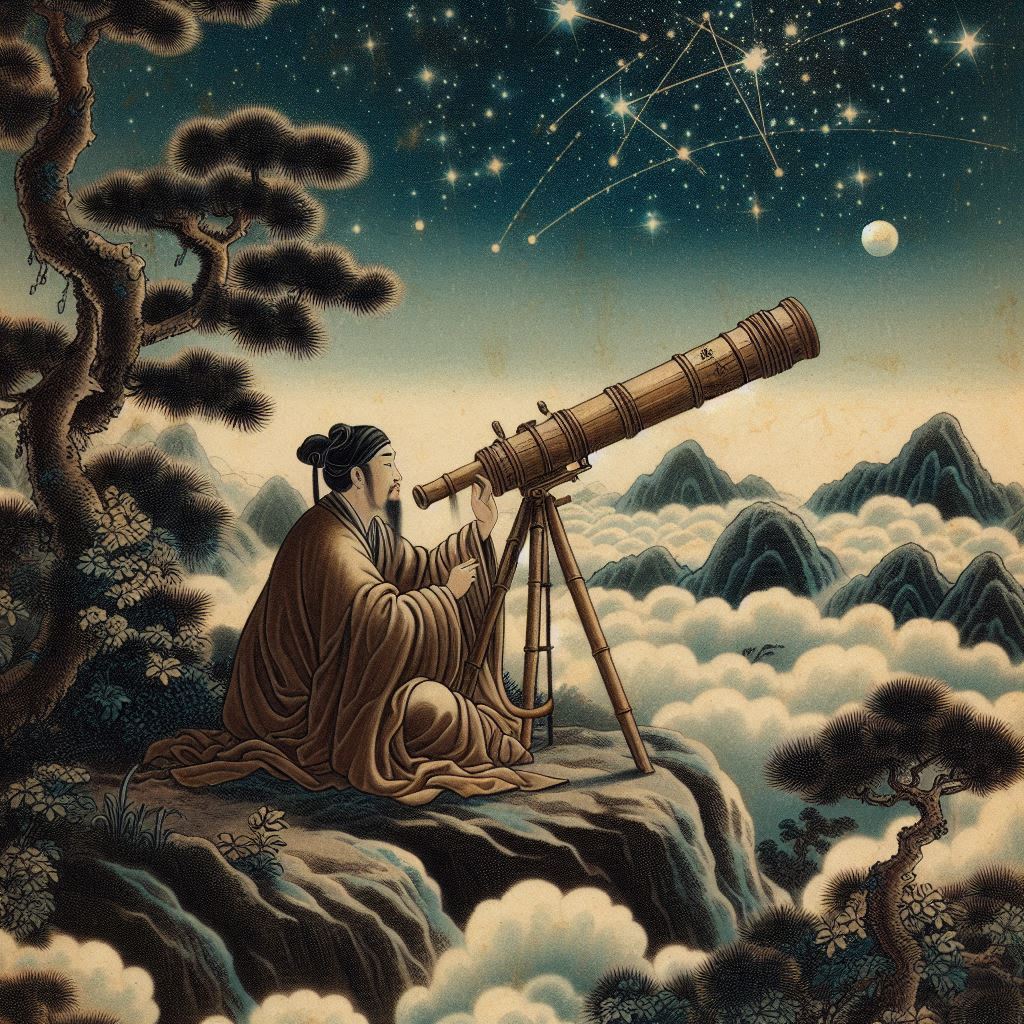Introduction to the disharmony
Major symptoms:
- excessive sweating
- excessive urination
- severe or chronic diarrhea
- Kidney Yang deficiency symptoms - excessive urination, loose stools, edema, clear vaginal discharge in women
The herbs in this class address disorders in which body fluids are discharged abnormally, chronically or excessively. Excessive bleeding, sweating, urinating, or chronic diarrhea are all examples of such disorders. Most commonly excess discharge of body fluids is caused when there is Qi deficiency. One of the functions of Qi is to hold things in place. Chronic or severe Qi deficiency will manifest in excessive sweating (cannot contain the fluid) and prolapse (cannot keep the organs in place).
Another cause for the abnormal discharge of fluids is deficient Kidney Yang. Every body organ has Yin and Yang aspects. Yin is the structural/substance aspect of the organ while Yang is the warming faculty that makes this structure function(1). When the warming principle diminishes (due to long term sickness, old age, etc.) the Kidneys become “cold” and lethargic and body fluid leakage starts. Kidney Yang deficiency manifests in excessive urination(2), dripping after urination(3) loose stools, edema(2)(3) and clear vaginal discharge in women.
The herbs in this class are mostly sour and astringent and address the symptom of the disharmony - leakage of fluids - rather than its cause. Therefore they should be combined with herbs that address the root of the disharmony(4).
Major Chinese herbs
A major astringent herb in Chinese medicine is Shan Zhu Yu (Cornus officinalis) – Asiatic cornelian cherry fruit, or cornus. With its sour taste it astringes excessive sweating(4)(5) and bleeding, and preserves Kidney Essence(4) thus is beneficial for seminal emission (4)(5) and lumbago(5).
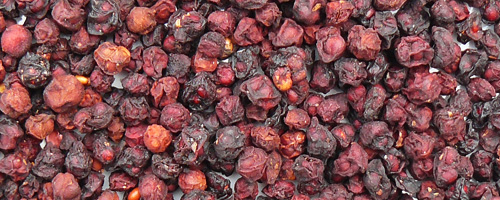
Rou Dou Kou (Myristica fragrans) is nutmeg seed. It astringes the Large Intestine and stops diarrhea. Ma Huang Gen (Ephedra sinica) - ephedra root - is an herb that astringes sweating. Hai Piao Xiao (Sepeilla maindroni) - cuttlefish bone - astringes bleeding. Sang Piao Xiao (Paratenodera sinesis) astringes urine and is prescribed for bedwetting in children. Another major astringent herb is Wu Wei Zi (Schisandra chinesis). It enters the Heart channel, relaxes the Heart and calms the spirit. Together with this is astringes Kidney Essence and Lung Qi, benefiting chronic cough(4) and asthma(5). This herb is unique with that it incorporates all five tastes - sweet, sour, bitter, salty and pungent(5).
Healing foods
Foods that are beneficial for abnormal discharge of fluids are foods with astringent quality and sour taste.
To unlock the rest of this article select "Yes, I want to learn!" below.
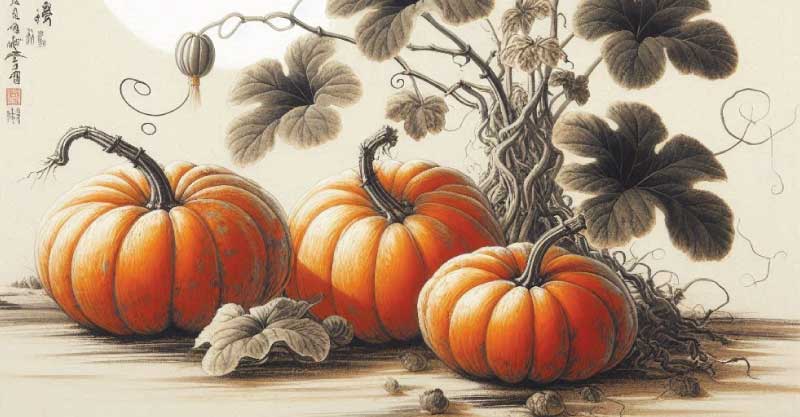
Food therapy is the most economical and non-toxic biochemical approach to health and disease. Food is something we continuously use to sustain our lives. Learning what foods are healing (and what disruptive) for each condition has the potential to convert every meal into a form of therapy.
YS
(1) Zhang, Enqin (1990). Basic Theory of Traditional Chinese Medicine. Shanghai: Publishing House of Shanghai College of Traditional Chinese Medicine
(2) Maciocia, Giovanni (1989). The Foundations of Chinese Medicine. Edinburgh: Harcourt Publishers Limited
(3) Yang Weiyi, Meng Fanyi, Jiang Yuanan(2002). Diagnostics of Traditional Chinese Medicine. Beijing: Beijing University of Chinese Medicine and Pharmacology
(4) Benski, Dan & Gamble, Andrew (1993). Materia Medica, Revised Edition. Seatle: Eastland Press, Incorporated
(5) Lu, Henry (2005). Chinese Natural Cures. New York: Black Dog & Leventhal Publishers, Inc.
(6) Pitchford, Paul (2002). Healing with Whole Foods. Berkeley: North Atlantic Books
(7) Holmes, Peter (1998). The Energetics of Western Herbs. Boulder: Snow Lotus Press, Inc.
Related Articles:
Note: This site and its services are to consumer educational use only. Nothing contained in this site is or should be considered, or used as a substitute for medical advice, diagnosis or treatment. We advise users to always seek the advice of a physician or other qualified professional with any questions regarding personal health and medical condition. Please read our Disclaimer

